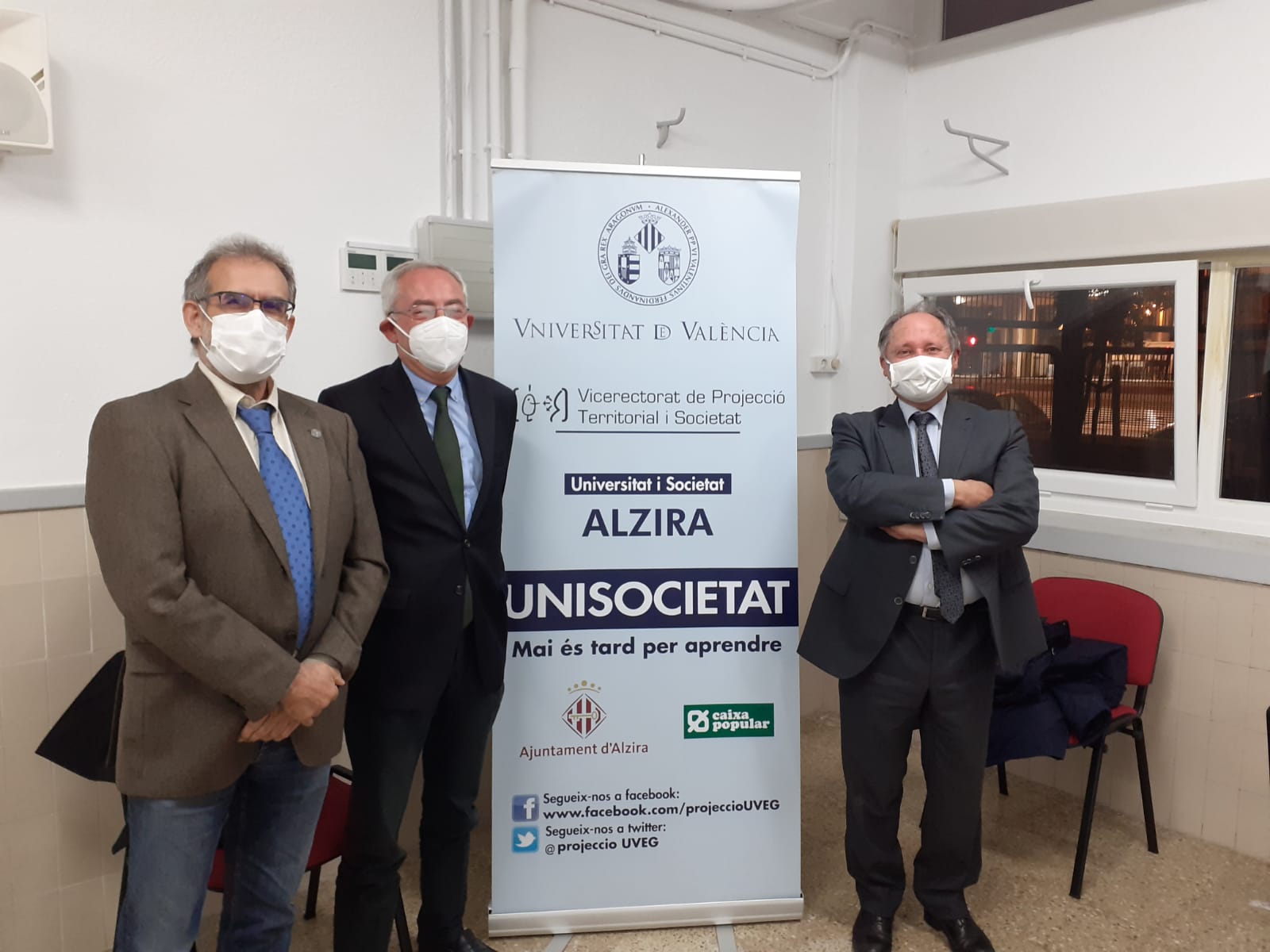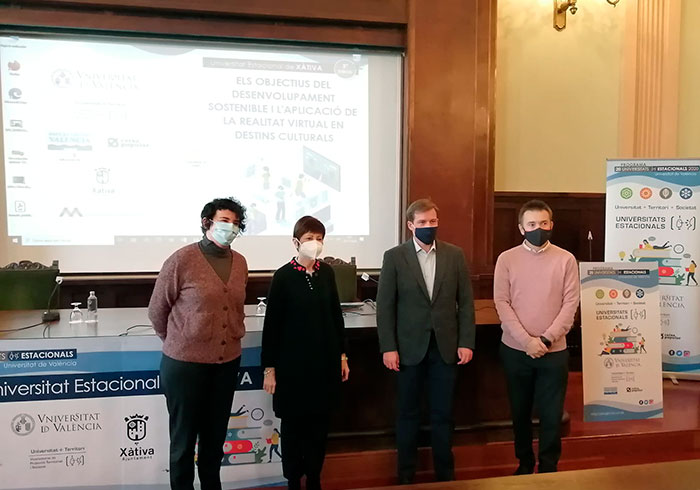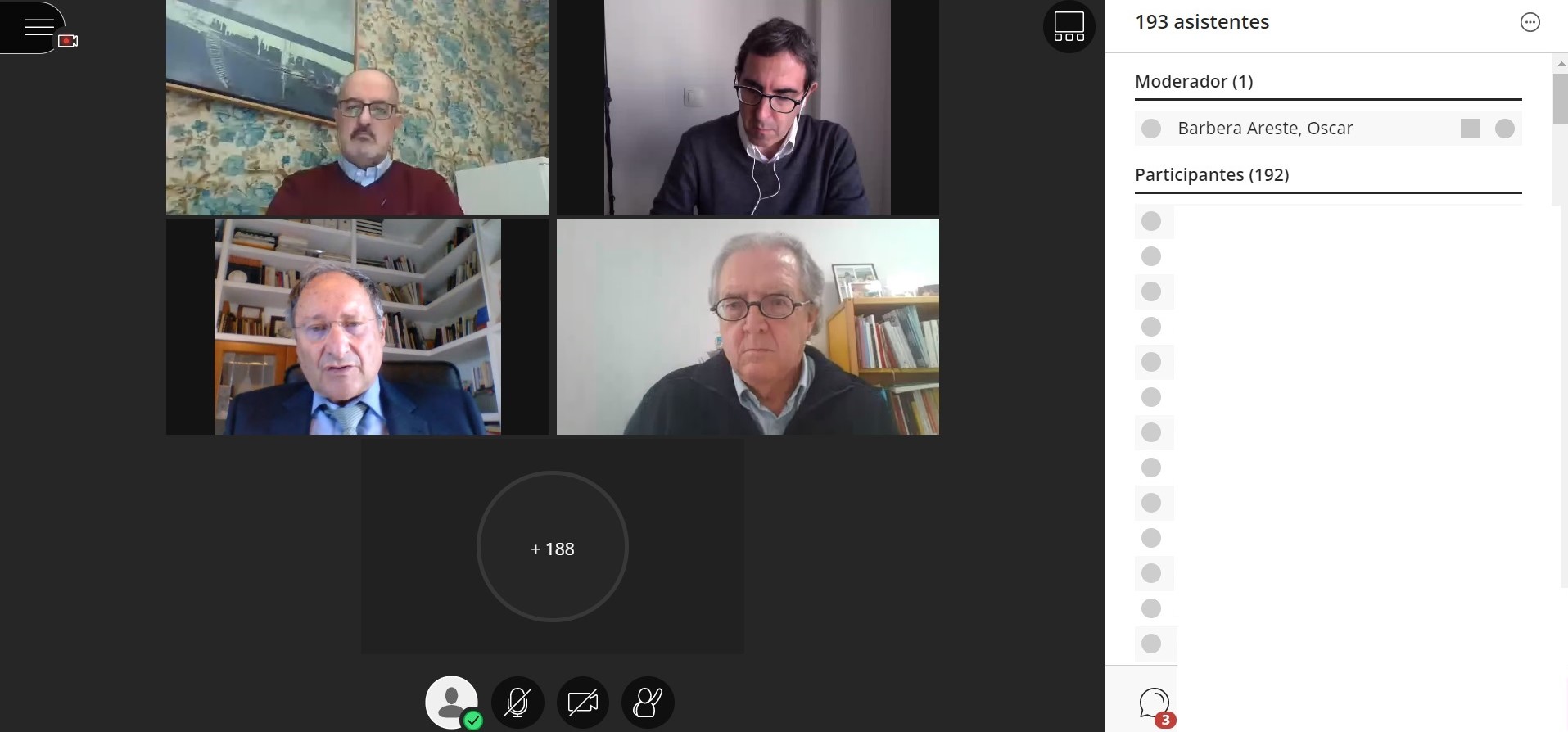The director of the Valencian Anti-Fraud Agency, Joan Llinares. participated on November 24 in a new training activity within the Unisocietat program. This time in the town of Alzira, capital of the Valencian region of Ribera Alta.
Llinares presented the conference entitled “Is justice equal for all? Prevention and punishment of corruption »by the UJI-UV Professor of Criminal Law, Luis González Cussac. After the conference, attendees were able to engage in an enriching discussion with the speaker and the director of the AVAF.
The Unisocietat program, sponsored by the AVAF, was created to sensitize society in general about the value of lifelong learning, highlighting and appreciating the valuable contribution that older people make to society. Stimulating debate and the exchange of information to develop mutual learning.




